Share this page
Burundi’s growing school food program
A new program to improve children's nutrition and school attendance
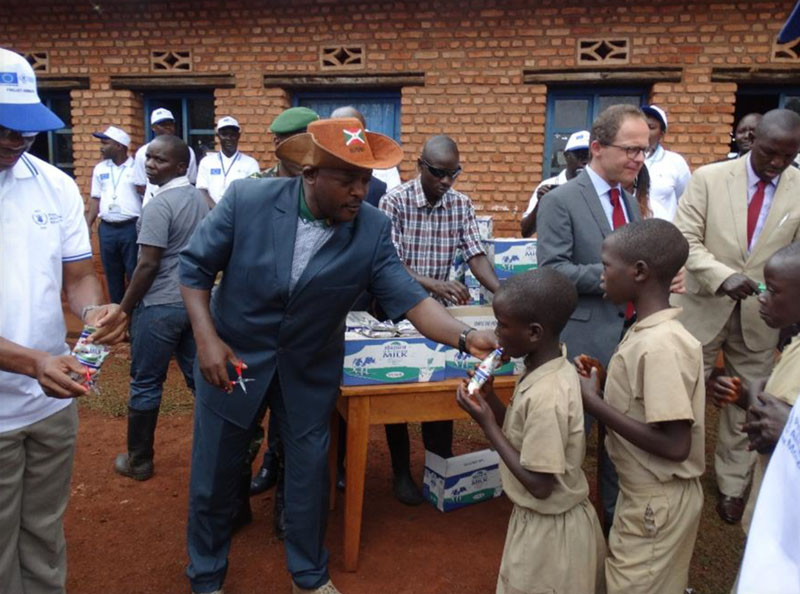
Location
Burundi
Number of children
37,000
Age range
Primary aged
Timing
2018-present
Program overview
According to the World Food Programme (WFP), only 28% of Burundi’s population is food-secure, and as many as 58 percent are chronically malnourished. Despite a gradual return to peace, food security has not improved in recent years.
The aim of the project is to help boost the nutrition of 37,000 children and contribute to a positive spiral of health, development, and school attendance.
Following an official policy paper from the World Food Programme (WFP), distribution of UHT milk is part of a school meals program to boost nutrition for schoolchildren in central Burundi.
Type of products
UHT milk
Stakeholder engaged
Government agencies, EU funding along with community partners, students
Additional details
Overall in Burundi, WFP and its partners provide hot and nutritious meals to 700,000 students (1 in 4 school-aged children) in 800 primary schools.
A school feeding programme is in development, but it will take time for local stakeholders to become skilled enough to take full ownership. Tough conditions for smallholder farmers make it difficult for them to be competitive in meeting the schools’ demand for milk. As a result, it will be a while until the programme can depend on local sourcing of food – the preferred and sustainable model.
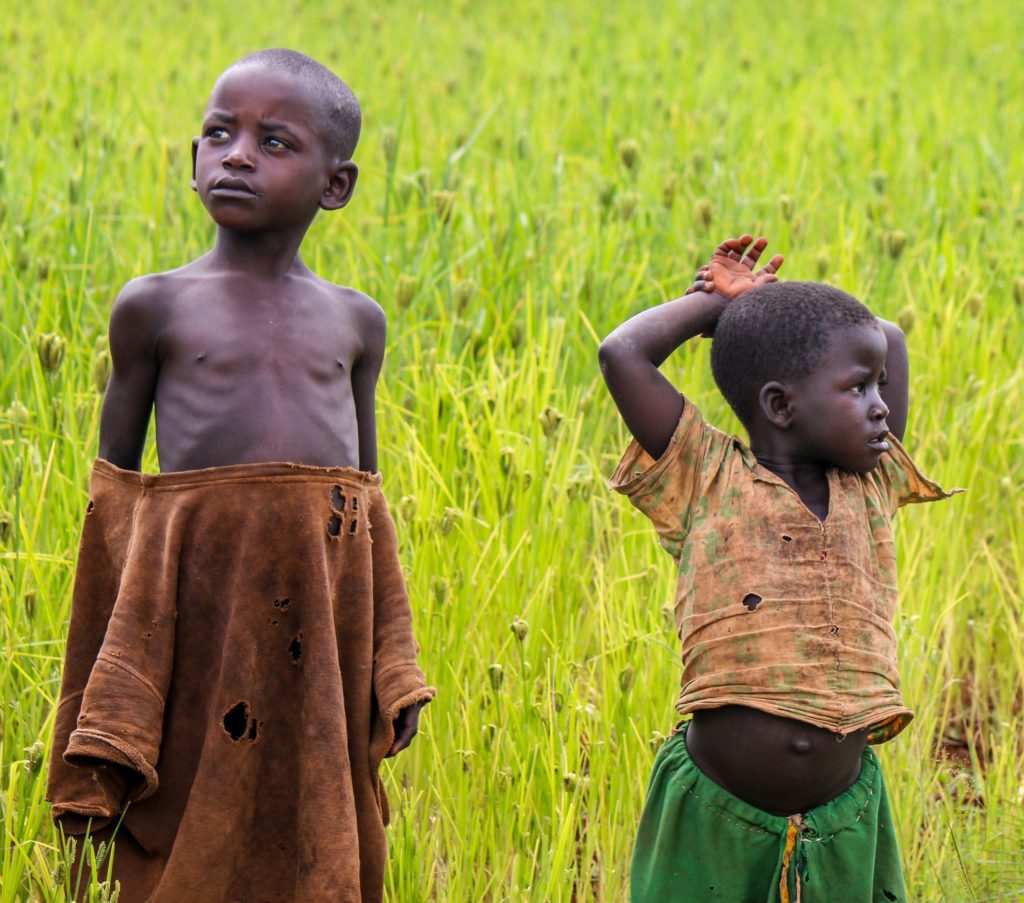
Organization
World Food Programme and partners - supported by Tetra Pak
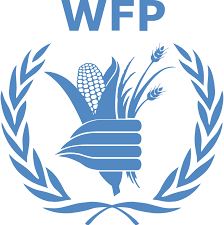


Monitoring & impact
According to the WFP, when children receive a standard meal of 401 kcal for 200 days a year, they gain an average of 0.37 kg more than children who are not part of the programme. In pre-school meals programmes, children gain an average of 0.54 cm per year.
The next step is to stabilise the programme by further developing the capacity of local stakeholders to take ownership in the long-term.
The EU is providing €5 million for the WFP to purchase up to one third of the required food commodities from local smallholders in the Gitega province.
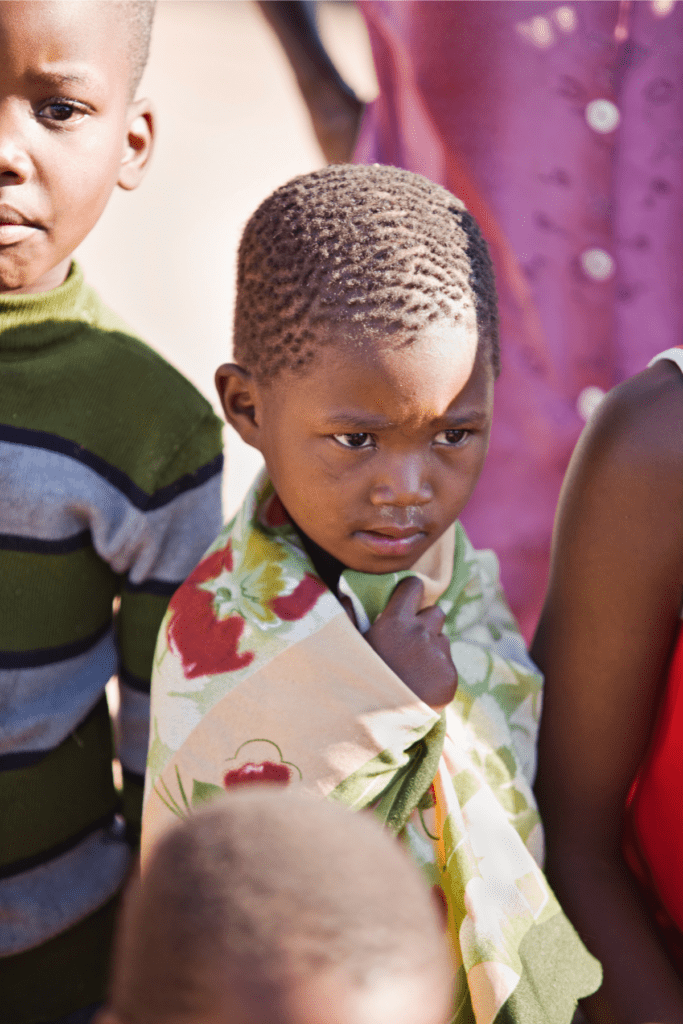
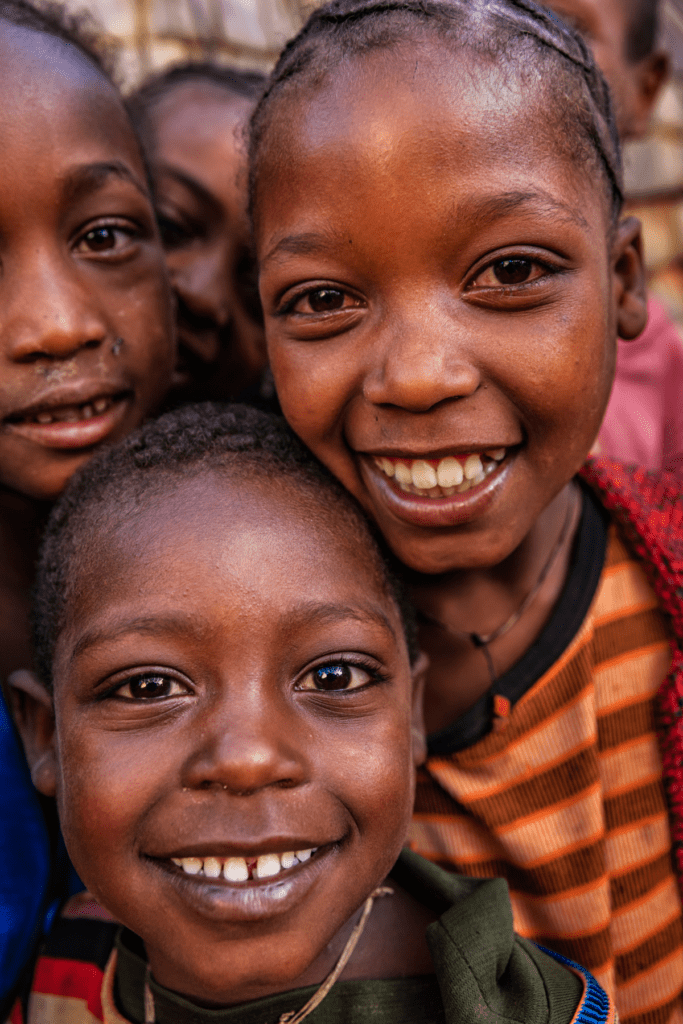
Dietary guidelines
Not presently available. Read the Food and Agriculture Organization (FAO) of the United Nations Country Report - Burundi
Resources






